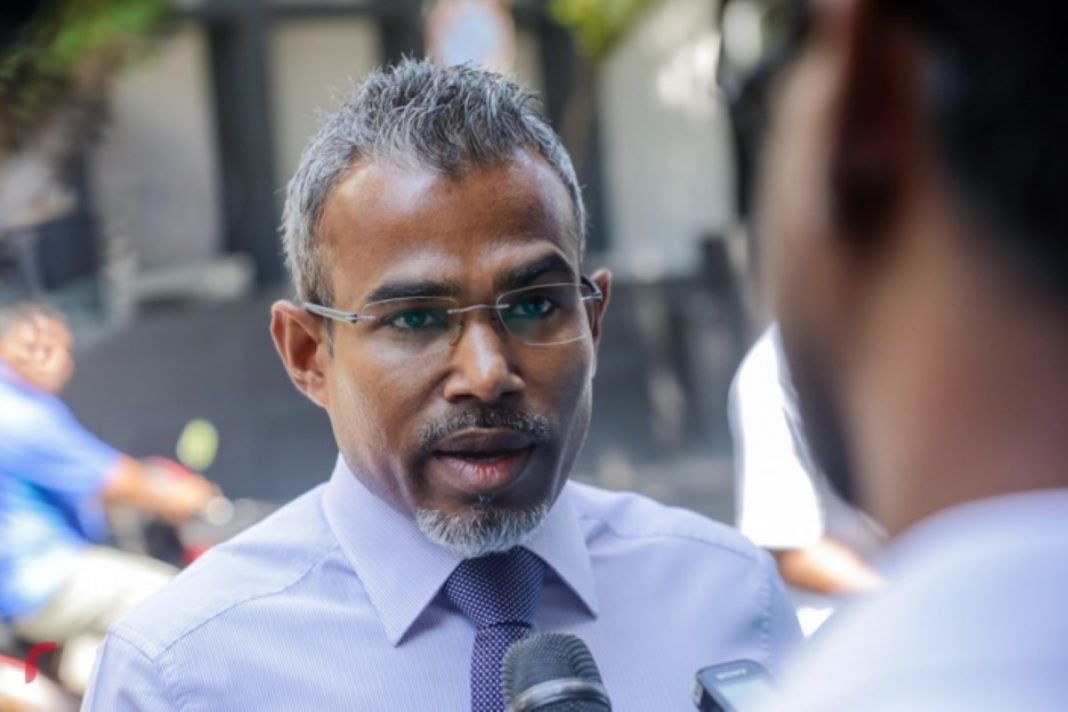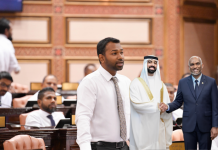The Attorney General, Ibrahim Rifath, has stated that the President-elect doesn’t have the legal power to stop ongoing government projects or services. According to him, the current government’s authority remains in place until November 17 when the President-elect officially takes office.
This statement from the Attorney General comes in response to Dr. Mohamed Muizzu’s requests to the current government. Dr. Muizzu asked for restraint on seven different actions, while the President-elect’s office listed practices that state-owned enterprises (SOEs) should avoid during the transition.
The President-elect’s office called for state-owned enterprises to refrain from starting new projects, giving promotions, acquiring loans, or making new investments during this transitional period.
Attorney General Rifath cited Article 107(a) of the Maldives Constitution, which states that the incumbent President will stay in office until the President-elect takes the oath to assume power. This means that the President-elect can’t make demands on the current government as per the law.
Rifath explained that previous governments also didn’t make such demands during transitions, and this practice should continue. He emphasized that the current government will serve until November 17, 2023, and it’s committed to fulfilling its promises to the people without interruptions.
The Attorney General stressed the importance of the state running smoothly according to the legally mandated term, which includes financial proceedings. He pointed out that the Presidential Transition Act outlines procedures and support for the President-elect but doesn’t require the government to halt ongoing projects, defer national tenders, or promotions.
Rifath noted that it’s a good practice for democratic societies to cooperate with the President-elect, and there may be a moral obligation to do so, but it doesn’t mean the government must stop ongoing projects. The government remains effective until the President-elect is sworn in.
He also referred to a letter from Deputy Attorney General Ahmed Usham dated October 9, 2018, which supports the idea that the incumbent state should continue to function as the effective authority until the presidential oath is taken.
Rifath argued that there are no legal obstacles for the current government and its ministries to fulfill their promises to the citizens during the transition. He highlighted the role of the legislative branch during this period, stating that relevant parliamentary committees should step in and investigate any demands made to the government to stop certain practices.


















